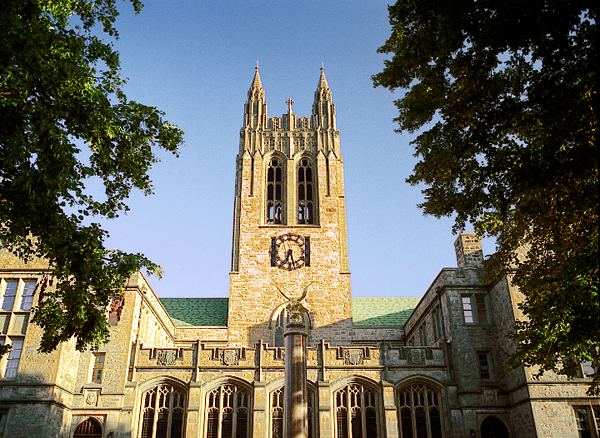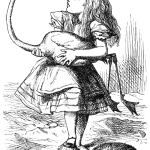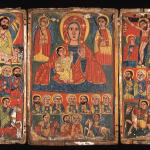My university, Boston College, has developed an insightful new document describing what we hold dear in our core curriculum. Full disclosure: this post is cheerleading because I think we’ve got it right. And no, that title does not contain a typo. More below.
(Aside: this document is in the public view: see stories here and here.)

It observes that Jesuit education from the 16th century onwards tried to balance the ideals of
- the university as the center of new thinking
- the humanistic model of formation of the person
In a word, our cor curriculum is about people. It is not about minds; employees; bodies; consumers; cogs in a machine. It aims not at the symptoms of disorder in a society: xenophobia; disregard of human life from conception to natural death; greed; sexual consumerism; and so on. Instead, it aims for the root, the heart (cor) of a person. It rests upon a theological anthropology rooted in the basic conviction that, in the words of Irenaeus of Lyons, “the glory of God is the living person” (gloria dei vivens homo). There is a corollary: the glory of God is the human family fully alive.
The document states:
The Spiritual Exercises [of Saint Ignatius of Loyola] provide a model of how teachers and students interact in Core courses. “[T]he quality of the relationship between the guide of the Spiritual Exercises and the person making them is the model for the relationship between teacher and student. Like the guide of the Exercises, the teacher is at the service of the student, alert to detect special gifts or special difficulties, personally concerned, and assisting in the development of the inner potential of each student.”
[the quote is taken from “The Characteristics of Jesuit Education: Some Characteristics of Jesuit Pedagogy,” in Vincent J. Duminuco, S.J., ed. The Jesuit Ratio Studiorum: 400th Anniversary Perspectives (New York: Fordham University Press, 2000), 212. Hyperlink added by me.
This “cor curriculum” or, if you will “exercise of the heart” (curriculum from currere, to run) is a training camp for becoming more fully a human being capable of loving what is worth loving, and applying all one’s talents toward the task of understanding the world in which a loving God has immersed us. It is also at the same time a place where the application of those talents yields new ways of knowing the world.
Perhaps most importantly, this vision of a cor curriculum rests on the conviction that all knowing is ultimately theonomic, to use a word coined by Protestant theologian Paul Tillich, referring to a dynamism within human understanding that reaches naturally toward God. As the document states: “the search for truth in any discipline is part of the search for God.” This is true no less in particle physics and epigenetics than in theology or philosophy. The document expands on this idea:
Becoming educated requires careful and conscientious study in fields from theology and history to philosophy and literature, from mathematics and physics to the arts to political science and beyond. The humanities and natural and social sciences help ground our understanding of who we are, what it means to be human, how the world works, where we come from, and where we are going.
Finally, a strength of the document is its recognition that education resides not in disciplines or ideas, but in persons.
Faculty teaching in the Core should be attentive to the context of their students’ lives, striving to teach these students, rather than simply a body of material, helping students to see why their Core courses matter in their lives.
All Jesuit colleges and universities (28 in the United States, scores worldwide), along with other Catholic colleges and universities, strive to form “men and women for others.” They do so primarily through friendship (see Marian K. Díaz on this topic in the most recent Integritas), lived teleologically toward discovery of the reality of the world. Discovery of that reality–taking a “long, loving look at the real“–will yield not only good persons, but also a good community.











